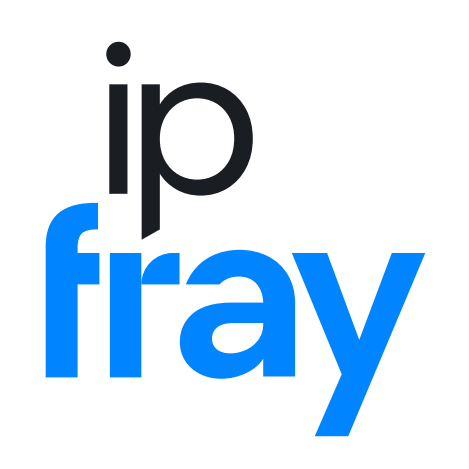Context: The Unified Patent Court’s (UPC) Paris Central Division (CD) appears to pretty consistently put substance over form. Yesterday, a defendant’s (Microsoft) criticism of insufficiently concrete and specific remedy requests was rejected (July 2, 2024 ip fray article).
What’s new: In another order signed yesterday (but published only this morning), the Paris CD declined Nokia’s invitation to throw out claim amendments proposed by Mala Technologies in its statement of defense to the revocation claim, though a separate workflow for amended claims is preferred and may become a hard requirement further down the road (PDF). Mala deserved the benefit of the doubt as the UPC’s Rules of Procedure (RoP) don’t explicitly rule out the incorporation of proposed claim amendments in the statement of defense.
Direct impact: Whether the patent will be upheld in any form remains to be seen, as the court has now ruled only on the admissibility of the proposed claim amendments, but not on their patentability.
Wider ramifications: A significant level of tolerance for misunderstandings, especially when the rules are not unambiguous, appears reasonable at this stage. However, given the UPC’s high degree of transparency with respect to procedural orders and other decisions, it does not appear necessary to wait for too long before everyone’s counsel can be reasonably expected to heed the court’s clarifications and guidance.
The dispute between Mala Technologies and Nokia (the latter being far more frequently on the enforcing than the receiving side of patent disputes) has already given rise to the clarification that arguments for a stay of proceedings will be stricken if made only at the motion hearing (called interim conference) as opposed to the written pleadings (June 22, 2024 ip fray article).
Nokia’s position that proposed claim amendments should be filed in the case management system (CMS) as a separate workflow was perfectly reasonable, and Judge-rapporteur Professor Maximilian Haedicke agreed that this was the right way to go about it.
But throwing out the seven claim amendments proposed by Mala Technologies would have been too harsh in the judge’s view, considering that the UPC’s RoP are explicitly meant to be interpreted with proportionality in mind:
- On the one hand, Article 4(1) RoP requires using specific CMS workflows if available.
- On the other, Article 29(a) RoP shows that in connection with a revocation counterclaim, pleadings that effectively involve two workflows (in that case, the answer to the complaint includes the invalidity counterclaim) are not generally prohibited.
The claim amendments (auxiliary requests) were put forward within the two-month time limit, and that’s why Judge Professor Haedicke didn’t want to throw them out. This does not mean anything for patentability, a question to be addressed at the oral hearing.
The order strongly encourages the use of correct workflows and warns that at some point, full compliance may be required: “At least for now the use of the wrong workflow does not render a submission inadmissible.” (emphasis added)
Mala Technologies, an Israeli company, is represented by Taliens’s Dr. Thomas Lynker and Becker Kurig’s Dr. Thomas Kurig. Nokia is represented by Bird & Bird’s Boris Kreye (and, though not mentioned in the order but known from the related infringement proceedings, Bird & Bird’s Dr. Lars Hessmann as well as Cohausz & Florack’s Dr. Christoph Walke and Lars Grannemann).
